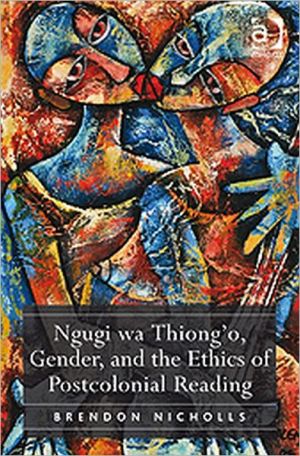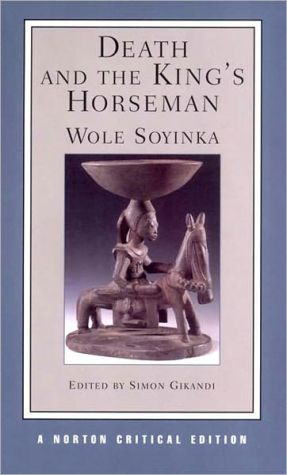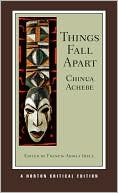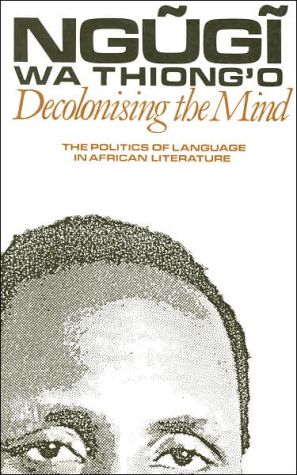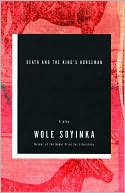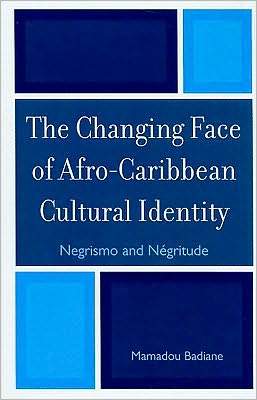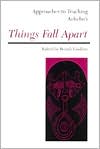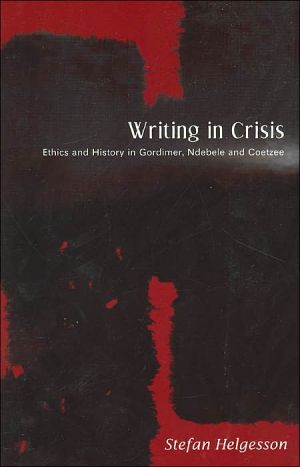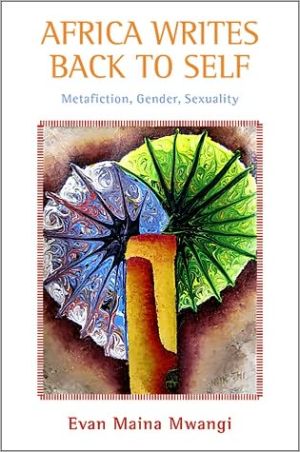Ngugi wa Thiong'o, Gender, and the Ethics of Postcolonial Reading
"This is the first comprehensive book-length study of gender politics in Ngugi wa Thiong'o's fiction. Brendon Nicholls argues that mechanisms of gender subordination are strategically crucial to Ngugi's ideological project from his first novel to his most recent one. Nicholls describes the historical pressures that lead Ngugi to represent women as he does, and shows that the novels themselves are symptomatic of the cultural conditions that they address. Reading Ngugi's fiction in terms of its...
Search in google:
"This is the first comprehensive book-length study of gender politics in Ngugi wa Thiong'o's fiction. Brendon Nicholls argues that mechanisms of gender subordination are strategically crucial to Ngugi's ideological project from his first novel to his most recent one. Nicholls describes the historical pressures that lead Ngugi to represent women as he does, and shows that the novels themselves are symptomatic of the cultural conditions that they address. Reading Ngugi's fiction in terms of its Gikuyu allusions and references, a gendered narrative of history emerges that creates transgressive spaces for women. Nicholls bases his discussion on moments during the Mau Mau rebellion when women's contributions to the anti-colonial struggle could not be reduced to a patriarchal narrative of Kenyan history, and this interpretive manoeuvre permits a reading of Ngugi's fiction that accommodates female political and sexual agency." Nicholls contributes to postcolonial theory by proposing a methodology for reading cultural difference. This methodology critiques cultural practices like clitoridectomy in an ethical manner that seeks to avoid both cultural imperialism and cultural relativism. His strategy of 'performative reading', that is, making the conditions of one text (such as folklore, history, or translation) active in another (for example, fiction, literary narrative, or nationalism), makes possible an ethical reading of gender and of the conditions of reading in translation.
Introduction 11 A Topography of 'Woman' 112 Clitoridectomy and Gikuyu Nationalism 333 The Landscape of Insurgency 614 Reading against the Grain (of Wheat) 855 Paternity, Illegitimacy and Intertextuality 1176 The Neocolony as a Prostituted Economy 151Conclusion: Prostituting Translation: An Ethics of Postcolonial Reading 191Bibliography 203Index 211
